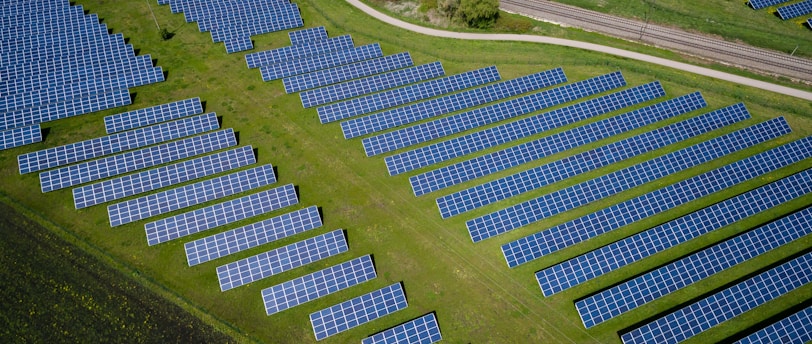🔍 Key Notes on LDD of RE Projects in Vietnam – Part 6.2: Licenses and Permits
Continuing from Part 6.1, this section highlights additional critical licenses and permits that require careful review during legal due diligence (LDD) for renewable energy (RE) projects in Vietnam.
LEGAL SHARING
Nguyễn Thị Lan Giang
3/9/20252 min read


⚡ Key Licenses and Permits
1️⃣ Electricity Operating License
Required for commercial operation and issued by the Ministry of Industry and Trade (MOIT) or local authorities based on project capacity, which is required for all utility-scale project.
The initial term is 10 years, with required renewals upon expiration to continue operations.
2️⃣ Construction Permit
Ensures compliance with zoning, environmental, and technical requirements before construction begins.
3️⃣ Environmental & Other Licenses
Environmental Licenses: Required under Vietnam’s new Environmental Protection Law (2022) for projects with potential environmental impacts. and other license such as: Water Exploitation License: Mandatory for projects extracting surface or groundwater for cooling, operations, or other needs which meet requirements under the laws.
4️⃣ CCA Approval & FiT Eligibility Issues
The Construction Completion Acceptance (CCA) Approval is a critical requirement that impacts whether a project is legally recognized for commercial operation (COD) and eligible for Feed-in Tariff (FiT) incentives.
🚨 Regulatory Ambiguity & Risks
The regulations for solar and wind projects defines COD based on test runs, an electricity operating license, and a payment agreement with EVN.
However, the construction regulations state that a power plant can only operate after meeting construction acceptance requirements, creating uncertainty about whether COD requires prior CCA Approval.
The Government Inspectorate (Conclusion 1027) interprets COD without CCA Approval as invalid, meaning such projects may lose their FiT eligibility, which affects 173 solar and wind projects.
If COD confirmations before CCA Approval are deemed illegal, affected projects may face: (i) FiT disqualification and reclassification under the lower price (to be defined); and (ii) Refund obligations—EVN may deduct overpaid amounts from future electricity payments.
⚡ Market Reactions & Uncertainty
Strong investor concerns: The re-determination of FiT eligibility for projects that received late CCA Approval is highly controversial, with investors warning of severe financial losses, potential lawsuits.
📌 My observations:
EVN and MOIT are actively reviewing FiT eligibility and CCA Approval issues, and a decision is expected soon.
Investors should prepare for the worst-case scenario. If the strict interpretation prevails, investors should consider exit strategies or expansion through acquisitions from the exit investors, as market conditions may create new opportunities for consolidation.
hashtag#RenewableEnergy hashtag#Vietnam hashtag#LegalDueDiligence hashtag#EnergyLaw hashtag#FiT hashtag#Infrastructure hashtag#EnvironmentalRegulations
